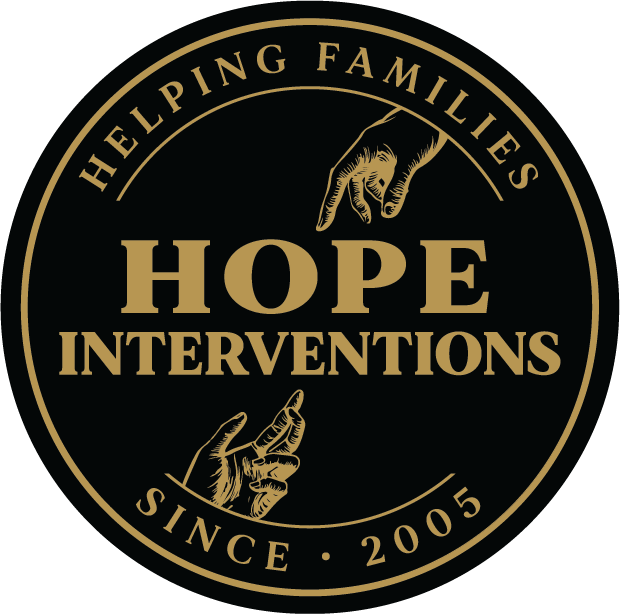How to Support a Loved One After a Drug Intervention
A drug intervention is a crucial first step in helping a loved one acknowledge their addiction and start their journey toward recovery. However, the process doesn’t end there. Providing ongoing support after the intervention is essential to ensure they stay on the path to sobriety. Here are some practical ways to support your loved one after a drug intervention.
Educate Yourself About Addiction and Recovery
Understanding addiction as a chronic disease and the recovery process will help you offer more empathetic and effective support. Here are some ways to educate yourself:
Read books and articles about addiction and recovery.
Attend support groups for families of those struggling with addiction.
Consult professionals in addiction treatment for guidance.
Encourage Treatment and Follow-Up Care
Encouraging your loved one to stick with their treatment plan is vital. This may include:
Rehabilitation Programs: Support their participation in inpatient or outpatient rehab programs.
Therapy and Counseling: Encourage regular attendance at therapy sessions.
Support Groups: Recommend joining support groups like Narcotics Anonymous (NA) or other peer support networks.
Create a Supportive Environment
A supportive home environment can make a significant difference in recovery:
Remove Triggers: Eliminate substances and related paraphernalia from the home.
Establish Routines: Help them create and maintain healthy daily routines.
Encourage Healthy Activities: Promote engagement in positive hobbies and activities that don’t involve substances.
Communicate Effectively
Effective communication is key to providing support:
Listen Actively: Be present and listen without judgment.
Express Concern and Care: Let them know you care and are there for them.
Set Boundaries: Establish and maintain healthy boundaries to protect both yourself and your loved one.
Be Patient and Understanding
Recovery is a long and sometimes challenging journey. Patience and understanding are crucial:
Celebrate Small Victories: Acknowledge and celebrate their progress, no matter how small.
Stay Positive: Encourage a positive outlook and remain hopeful.
Avoid Blame: Refrain from blaming them for their addiction or setbacks.
Support Their Sobriety
Supporting their sobriety involves being mindful of their needs and triggers:
Plan Sober Activities: Organize activities that do not involve drugs or alcohol.
Respect Their Boundaries: Avoid situations or social events where substance use is prevalent.
Offer Practical Help: Assist with transportation to meetings, help with daily tasks, and be available for emotional support.
Take Care of Yourself
Supporting someone in recovery can be emotionally taxing. Ensure you take care of your own well-being:
Seek Support: Join support groups for families and friends of individuals in recovery.
Practice Self-Care: Engage in activities that help you relax and recharge.
Set Boundaries: Protect your mental and emotional health by setting clear boundaries.
Prepare for Potential Relapse
Relapse can be part of the recovery process. Being prepared can help you and your loved one manage it better:
Understand Relapse: Know that relapse is not a failure but an opportunity to learn and adjust the recovery plan.
Develop a Plan: Have a plan in place for handling relapse, including immediate steps and who to contact for help.
Stay Supportive: Encourage them to return to treatment and continue supporting their efforts.
Encourage Long-Term Planning
Help your loved one focus on their long-term recovery goals:
Set Goals: Encourage them to set and work towards short-term and long-term goals.
Build a Support Network: Help them develop a strong support network of friends, family, and professionals.
Focus on Personal Growth: Support their efforts to rebuild their life, including education, employment, and personal development.
Conclusion
Supporting a loved one after a drug intervention requires ongoing commitment, understanding, and patience. By educating yourself, encouraging treatment, and creating a supportive environment, you can help your loved one navigate their recovery journey successfully.
At Hope Interventions, we are here to provide the resources and support needed for both individuals and their families. Contact Hope Interventions today to learn more about how we can support your family through a customized, confidential intervention process in San Diego, Los Angeles or Orange County.


